US will tackle North Korea alone if necessary: Trump
The United States has threatened to take a unilateral action to restrain North Korea's nuclear program unless China increases pressure on Pyongyang.
In an interview with the Financial Times on Sunday, US President Donald Trump said he will discuss North Korea’s nuclear issue with Chinese counterpart Xi Jinping during their meeting in Florida later this week.
Trump said he had “great respect” for President Xi and “great respect for China”, adding, “I would not be at all surprised if we did something that would be very dramatic and good for both countries and I hope so.”
He warned that if China doesn’t use its influence on Pyongyang, it won’t be good.
“China has great influence over North Korea. China will either decide to help us with North Korea or they won't," he said. "If they do, that will be very good for China, and if they don't, it won't be good for anyone."
"If China is not going to solve North Korea, we will," he continued.
But the US president stopped short of talking about the possible measures Washington could take.
“I’m not going to tell you. You know, I am not the United States of the past where we tell you where we are going to hit in the Middle East," he stated.
Read More:
- Tillerson warns North Korea of military action
- North Korea has got to be stopped: Mattis
- ‘North Korea can kill millions of Americans’
Reacting to Pyongyang's recent missile and nuclear tests, the US earlier warned that its previous policy of “strategic patience” had ended.
"Let me be very clear: The policy of strategic patience has ended. We are exploring a new range of security and diplomatic measures. All options are on the table," US Secretary of State Rex Tillerson told a news conference last month in Seoul.

Last week, two high-ranking US intelligence officials claimed that North Korea is capable of killing millions of Americans by launching a nuclear attack.
Last month, Pyongyang warned Washington that a preemptive strike was always a possibility, after the US and South Korean military forces simulated attacks on North Korean targets during joint military drills that involve 17,000 American troops and more than 300,000 South Koreans.
Washington has been sending sophisticated weapons to the South in order to protect Seoul against what it calls the North’s “aggression.”
Meanwhile, the US military has begun deploying an advanced missile system in South Korea known as the Terminal High Altitude Area Defense (THAAD), raising the ire of North Korea, China, and Russia.
Washington and Seoul claim that the missile system is for defense against North Korea, which has conducted numerous ballistic missile tests in the past, including most recently on March 6.
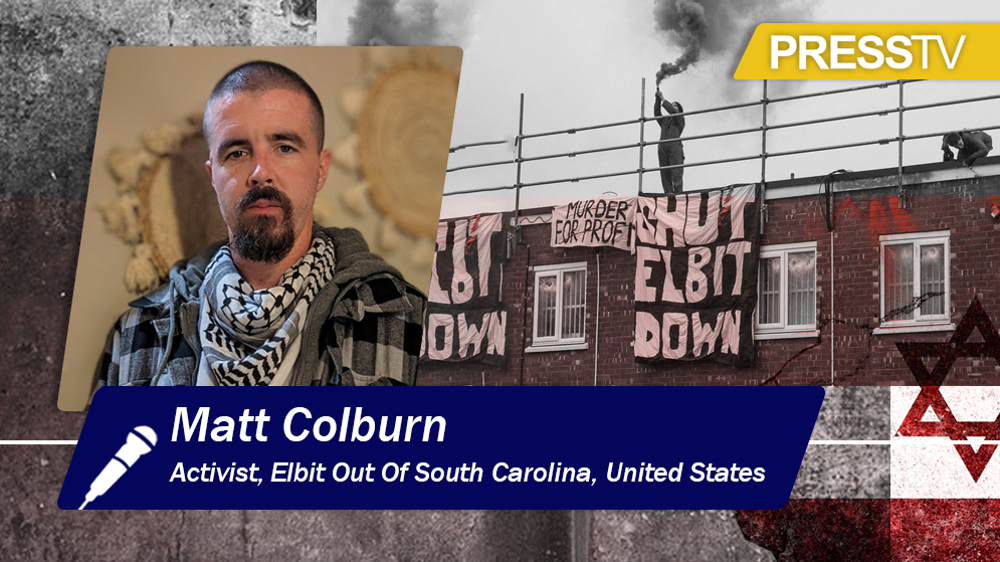
We want Americans to know their money funds genocide of Palestinians: Activist
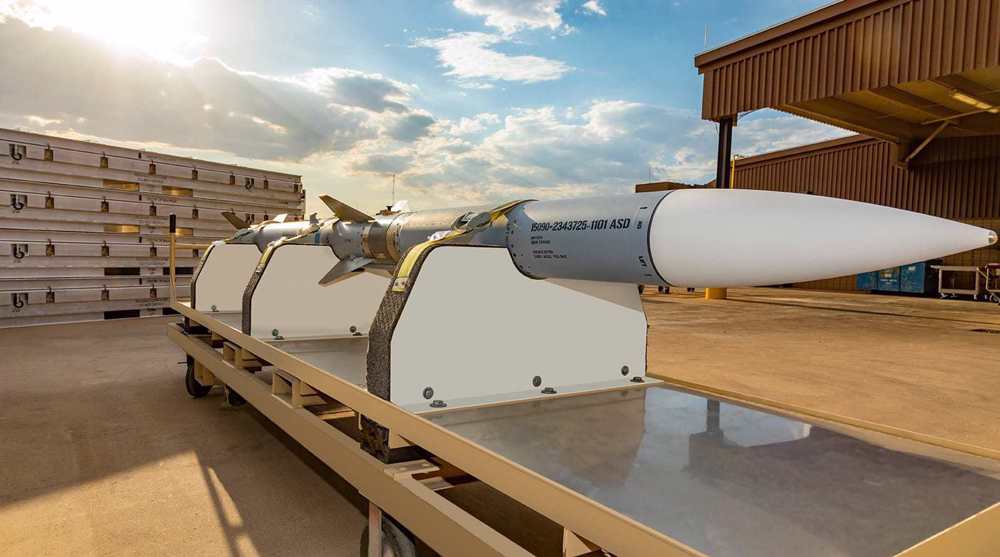
US approves $3.6 billion sale of missiles to Japan

Yemeni forces target Israeli Ben Gurion Airport, US aircraft carrier
Israel denying Gaza hospital director access to lawyer: Rights group
VIDEO | Austrian anti-Islam party tasked with forming government
Gaza warns of ‘real disaster’ amid Israel’s barbarism in hospitals
Hamas seeks formation of 'national consensus government' in Gaza: Hamdan
Israel kills 2 more Palestinians in West Bank
Economic complexity: A missing link in Iran’s resistance economy
Israel ramps up propaganda blitz, allocates $150 million to gloss over genocide
Hind Rajab Foundation files case in Argentina against Israeli soldier who fled Brazil over Gaza


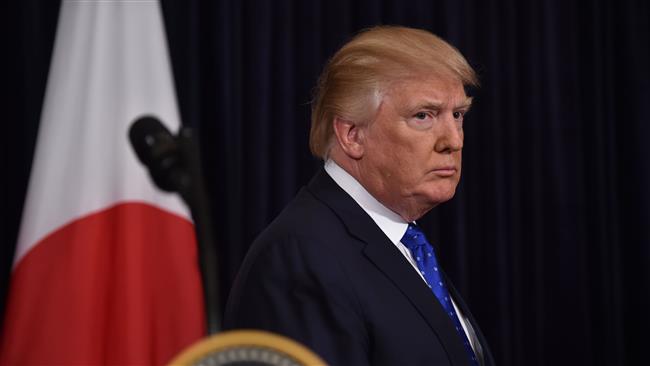



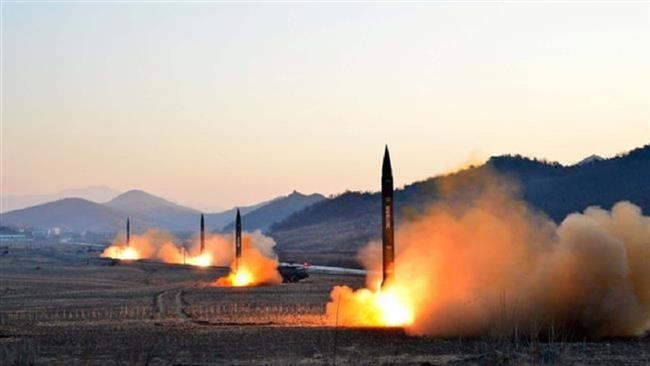
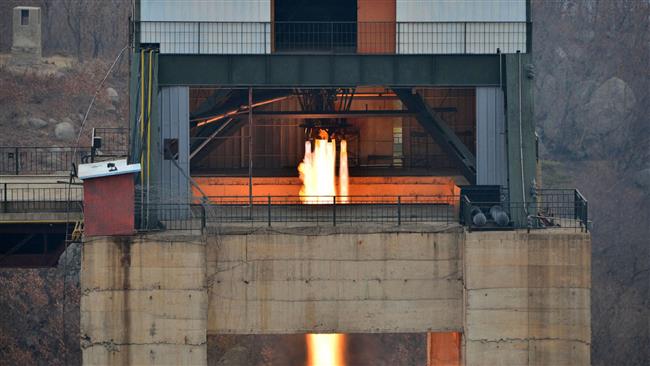
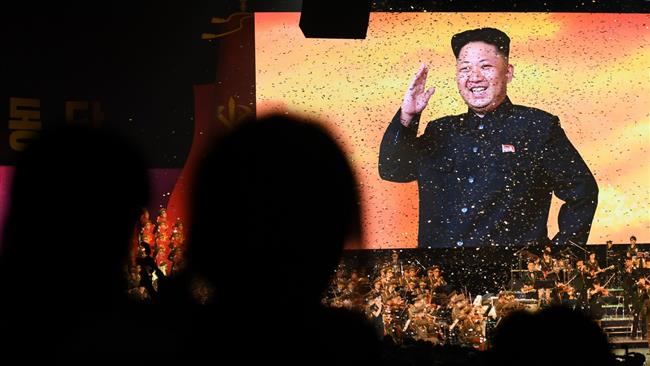
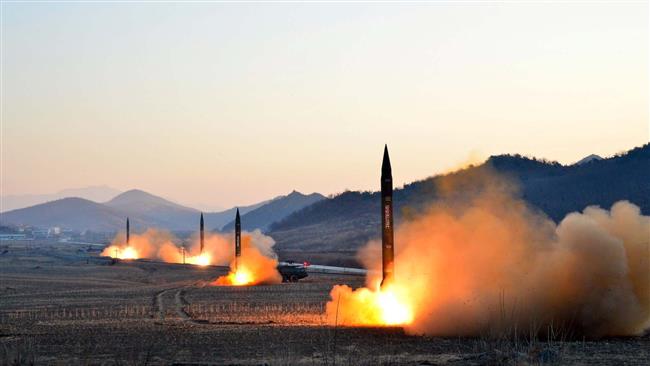

 This makes it easy to access the Press TV website
This makes it easy to access the Press TV website